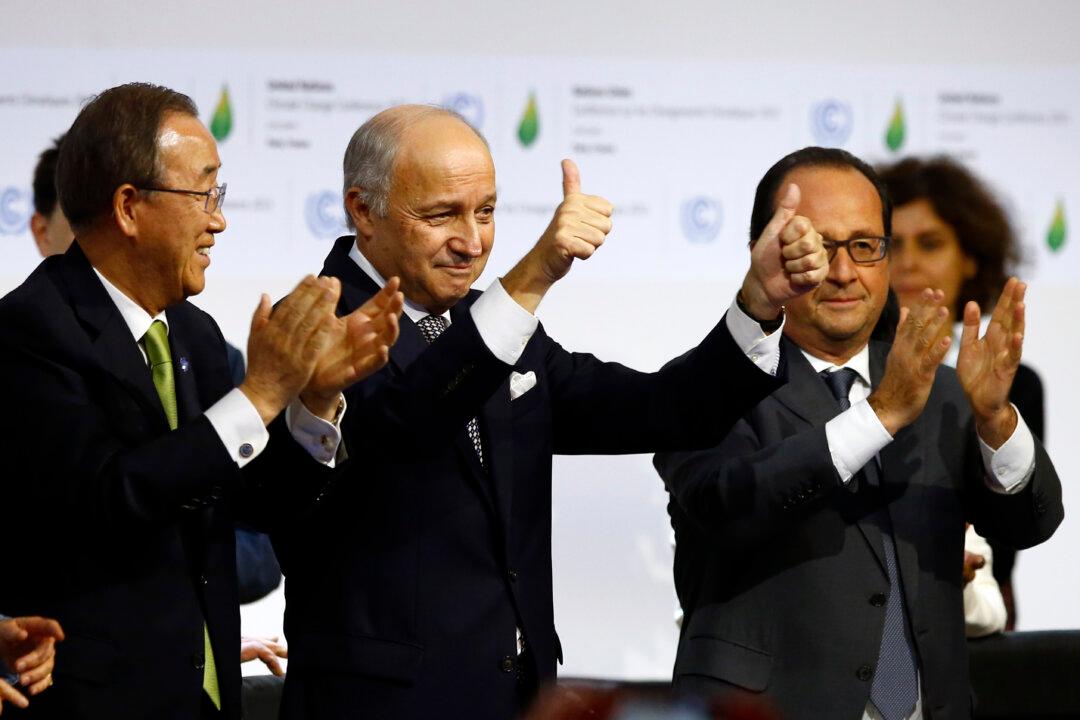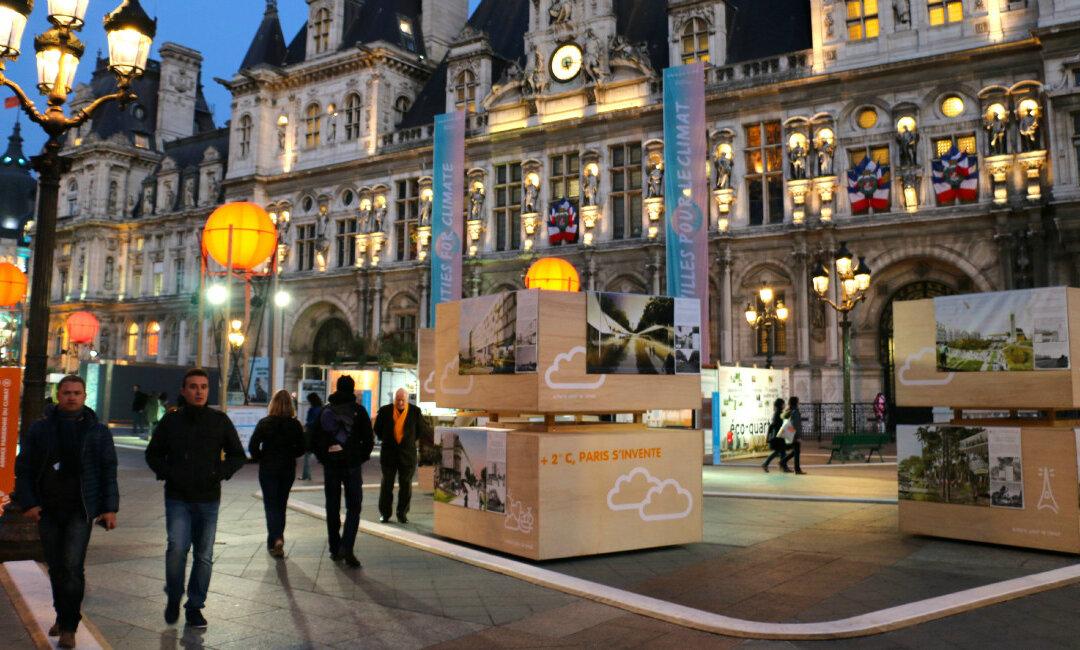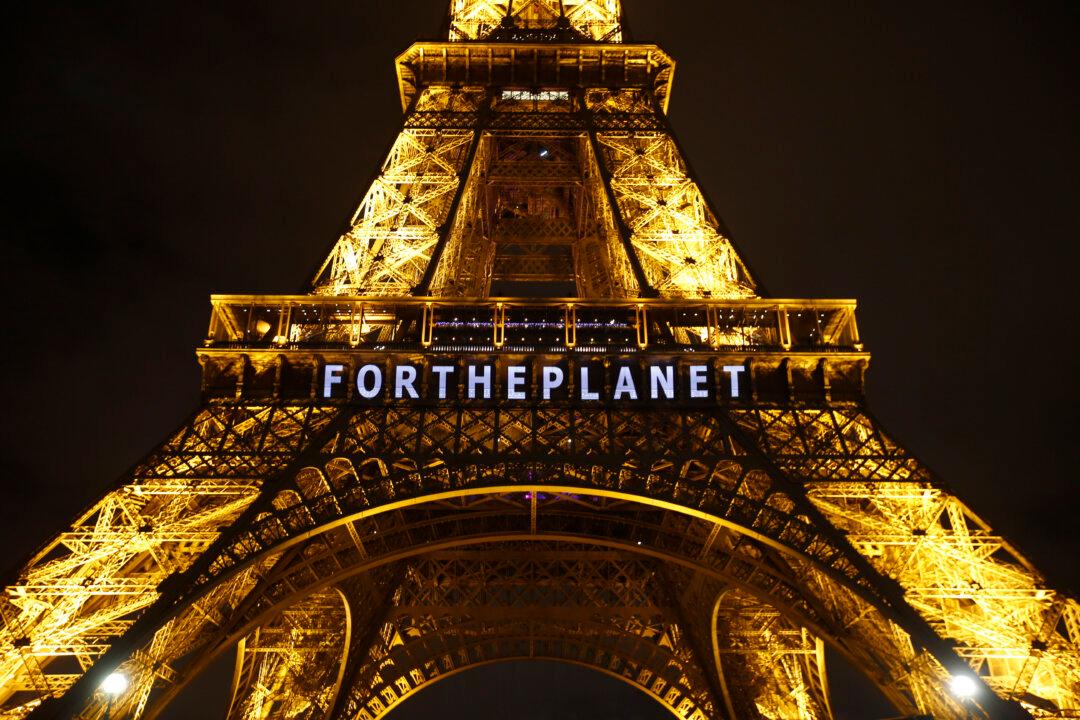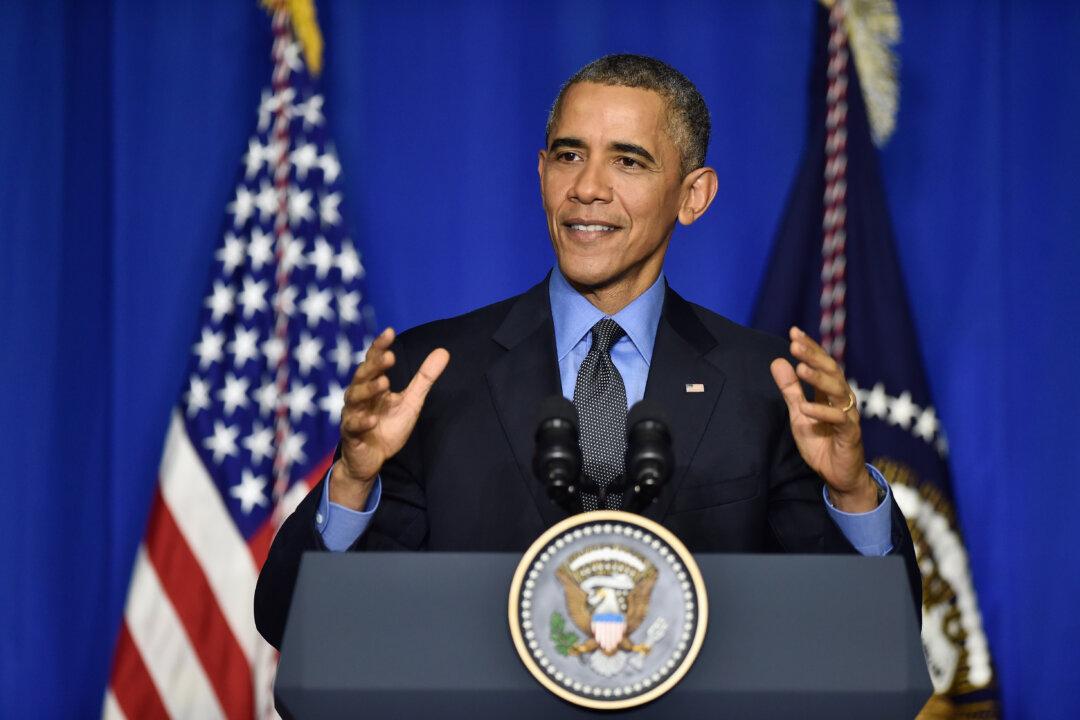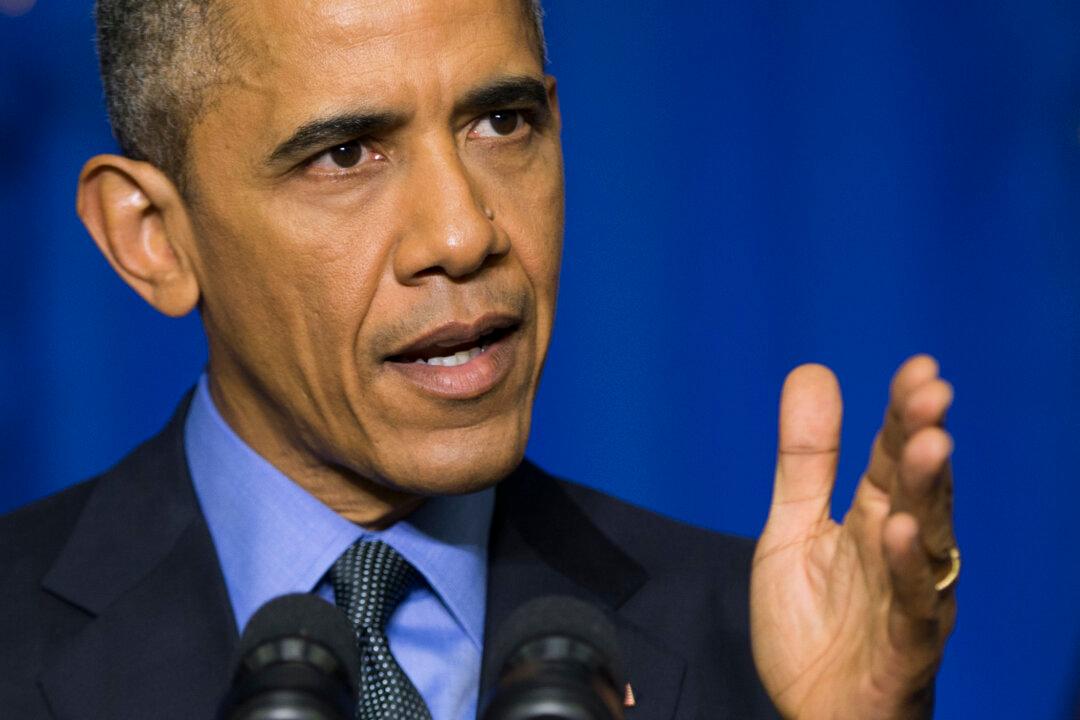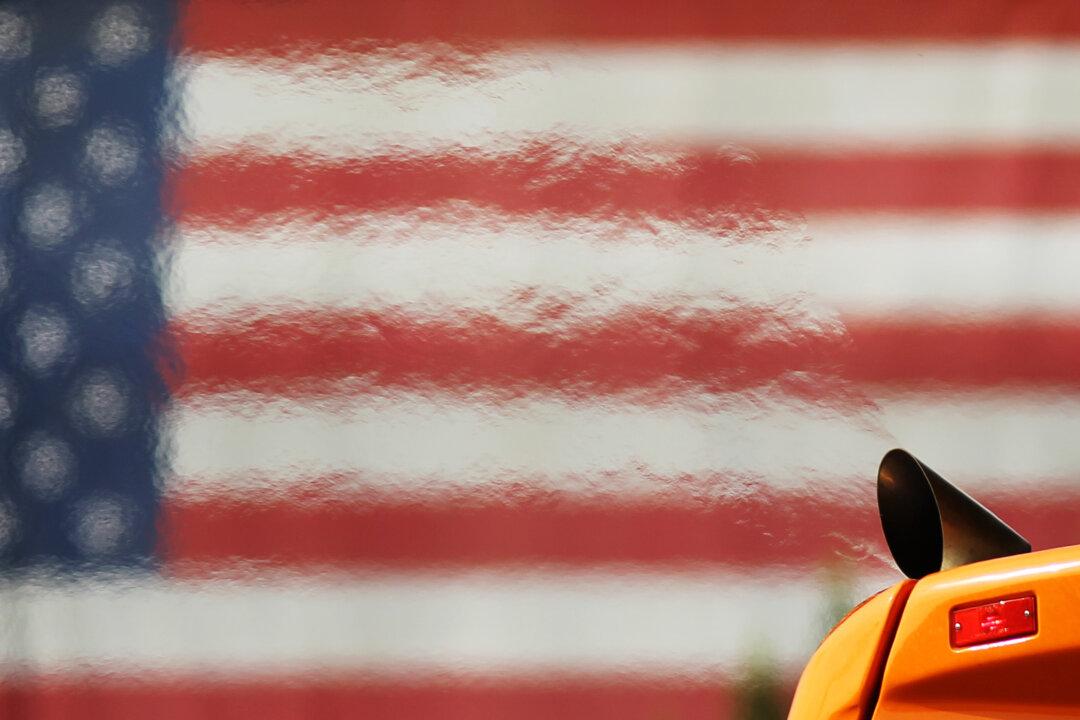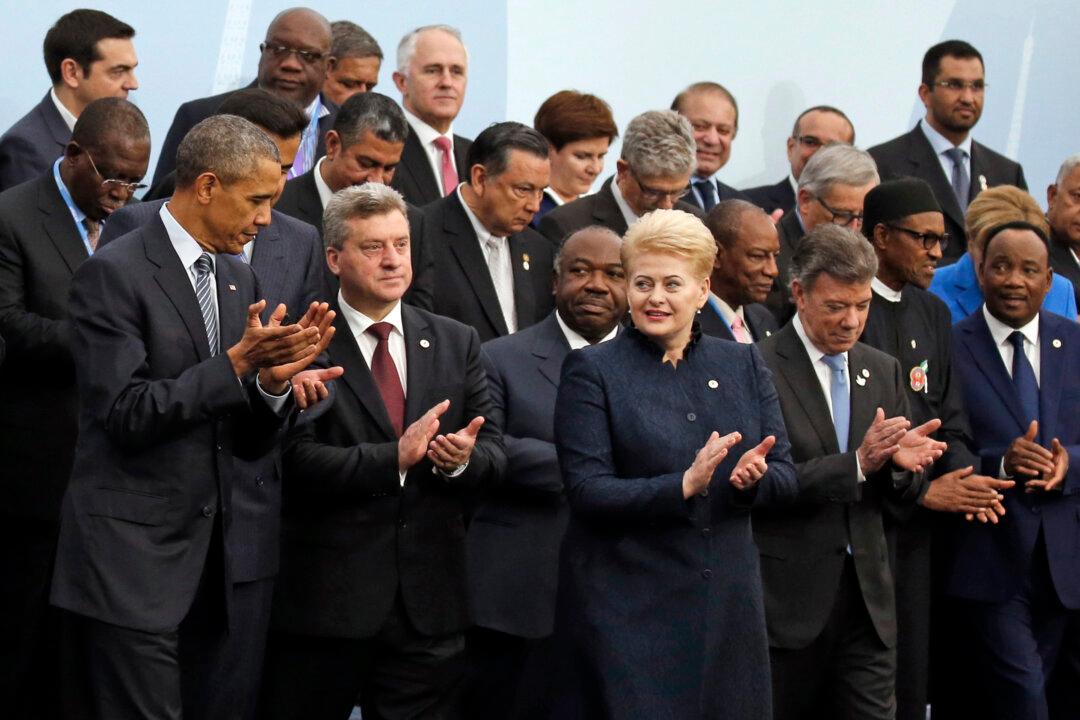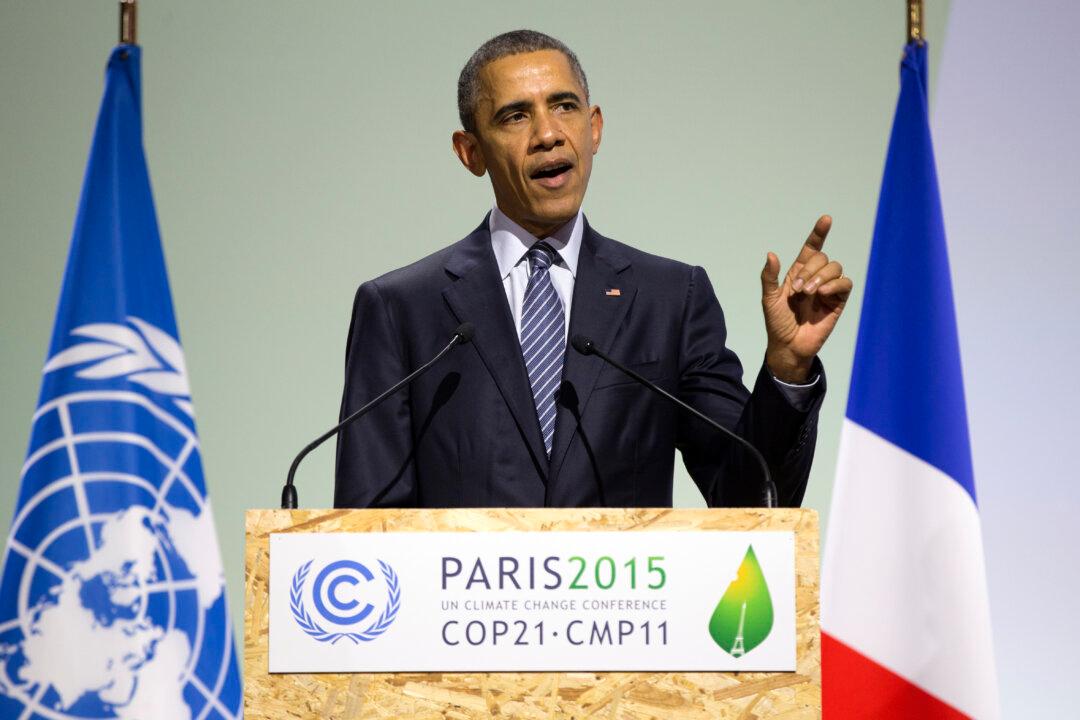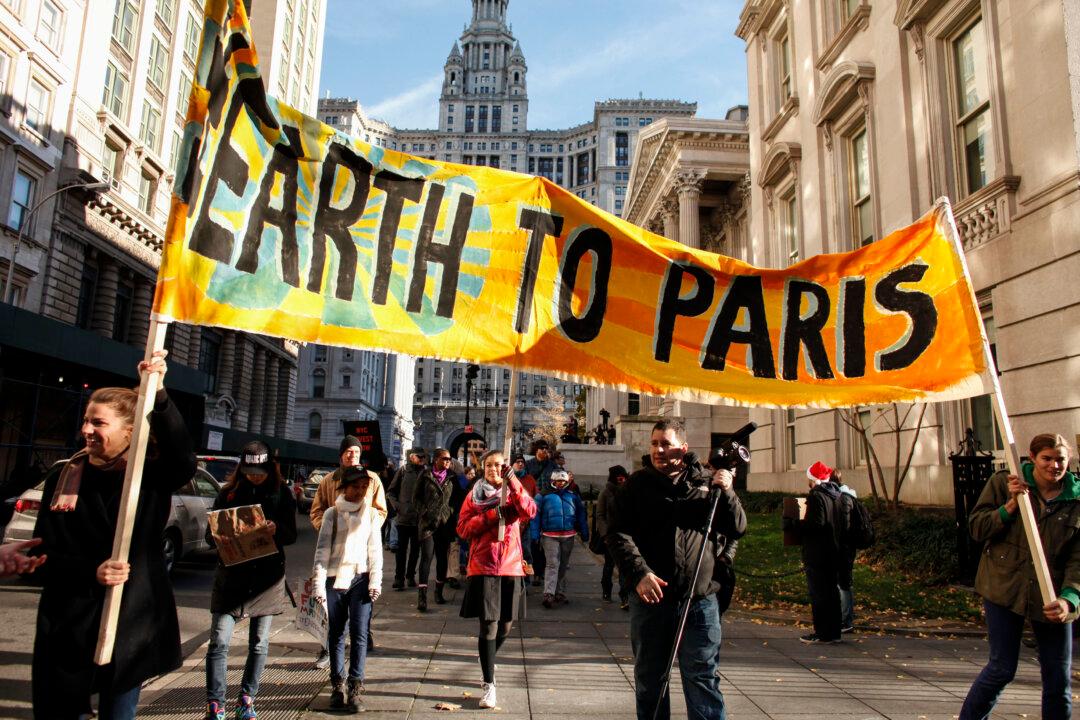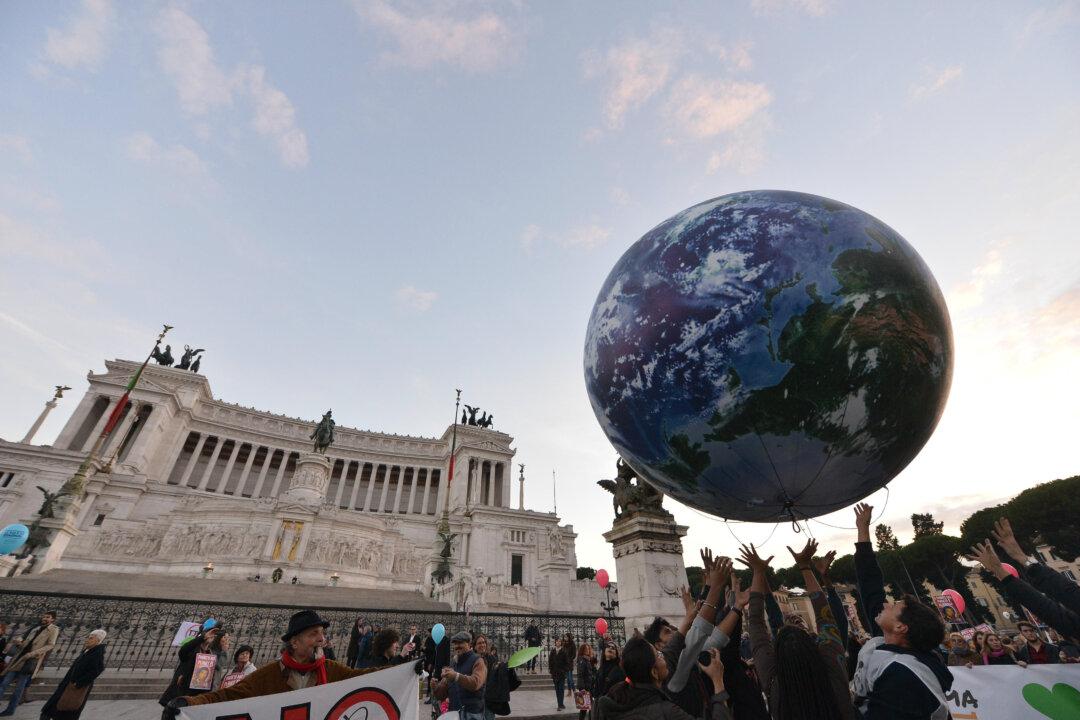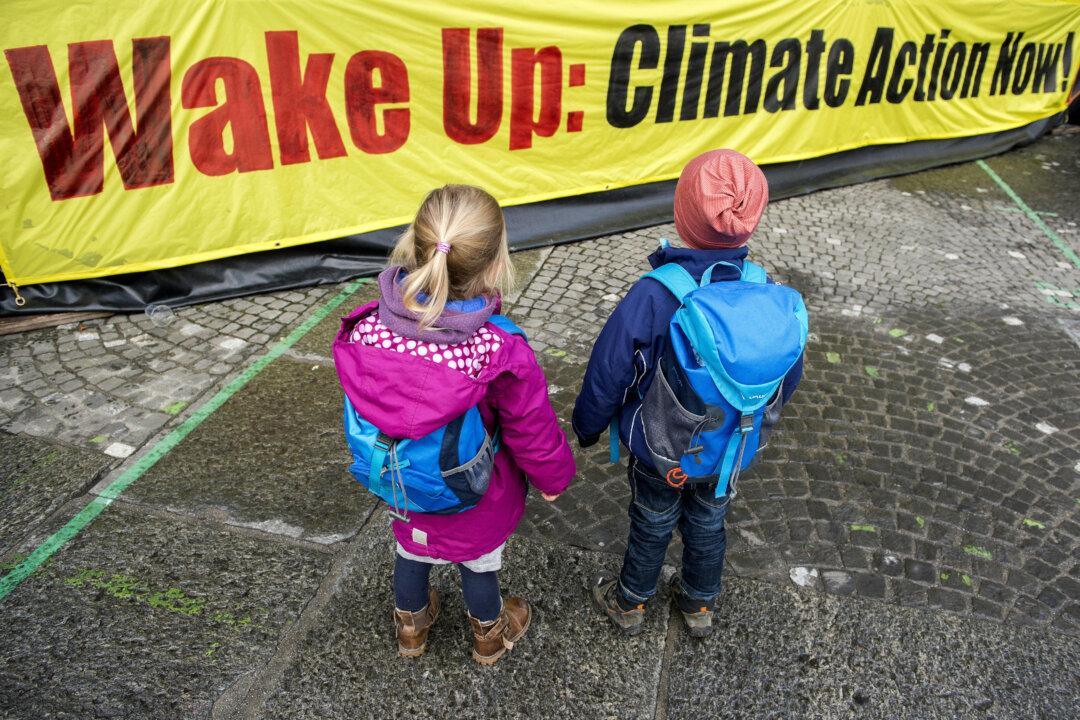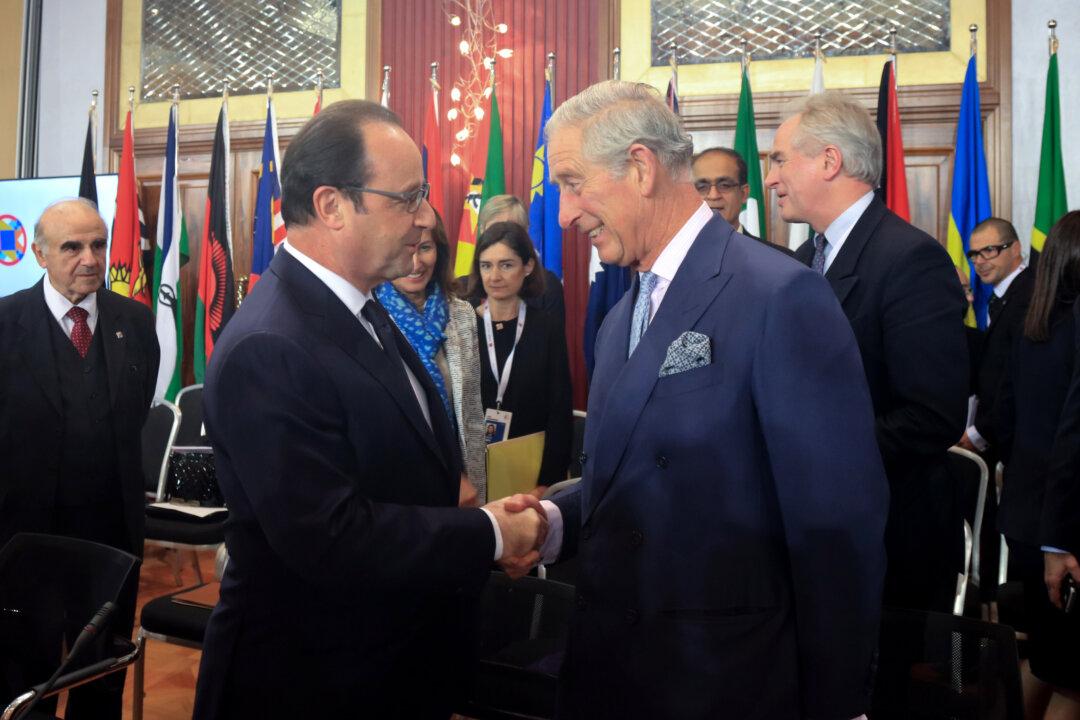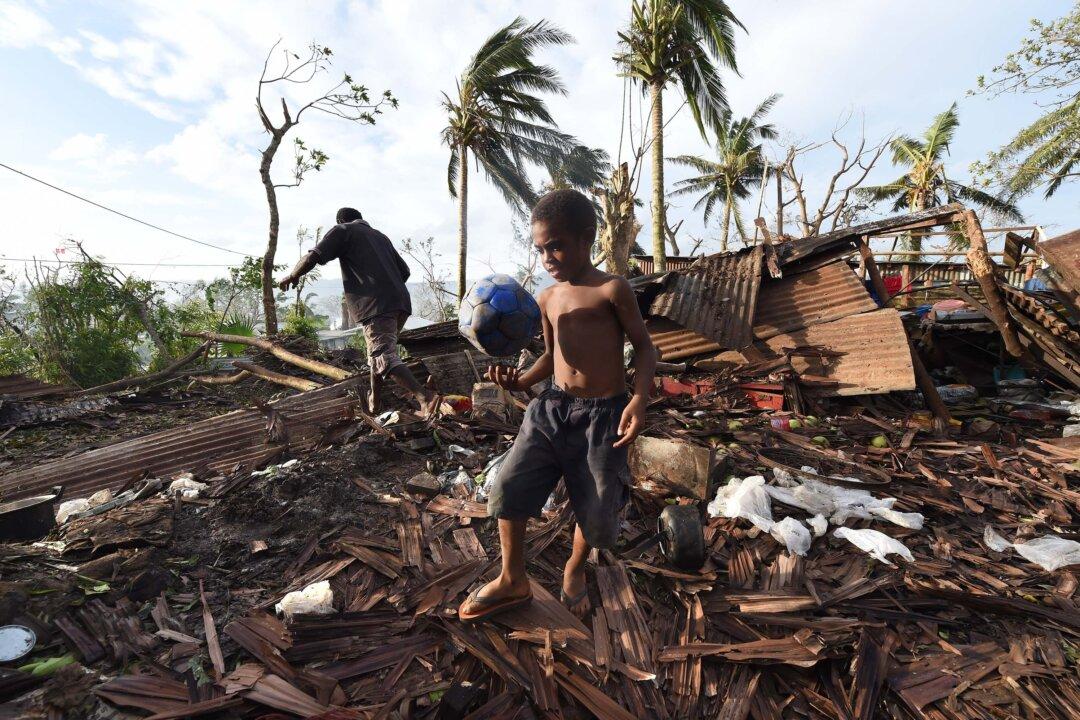Focus
COP21
LATEST
Now Comes the Tough Part: The World’s Carbon Diet Starts
The world is about to go on a carbon diet. It won’t be easy—or cheap.
|
Historic Pact to Slow Global Warming Is Celebrated in Paris
Nearly 200 nations adopted the first global pact to fight climate change on Saturday, calling on the world to collectively cut and then eliminate greenhouse gas pollution but imposing no sanctions on countries that don’t.
|
Regional Spats, ‘Climate Justice’ Hijack Paris Talks on Global Warming
Competing national interests and even personal rivalries have cast a cloud over the international summit on climate change meeting here, and the issue of “climate justice” has proven to be a significant stumbling block in the way of any meaningful deal.
|
Nearly 200 Nations Pledge to Slow Global Warming
France presented what it called a “final draft” of an unprecedented deal to slow global warming by reducing greenhouse gas emissions to the levels that nature can absorb, and urged negotiators from nearly 200 nations to approve it Saturday.
|
Worldwide Conflicts Threaten to Overshadow Paris Climate Summit
A U.N.-sponsored climate change summit opened Monday, Dec. 30, amid gathering clouds of global conflict that threaten to overshadow the negotiations.
|
Obama Says Parts of Climate Deal Must Be Legally Binding
President Barack Obama said Tuesday that parts of the global warming deal being negotiated in Paris should be legally binding on the countries that sign on, setting up a potential fight with Republicans at home.
|
Paris Climate Conference Is a Bad Deal for America
At the 2015 Paris Climate Conference, or COP21, President Obama plans to sign another bad deal for America.
|
World Leaders Gather to Try to Save Earth From Overheating
With dramatic vows to save future generations from an overheated planet, the largest gathering ever of world leaders began two weeks of talks on Nov. 30, aimed at producing the most far-reaching pact yet to reduce greenhouse-gas emissions and avert environmental havoc.
|
Obama: Climate Pact an ‘Act of Defiance’ After Paris Attacks
Pushing for a powerful climate deal, President Obama called the global talks opening Monday outside Paris an “act of defiance” against terrorism.
|
Worldwide Climate Rallies Draw Hundreds of Thousands
Hundreds of thousands of people have taken part in rallies around the world on Sunday, calling on leaders to halt climate change on the eve of a major conference in Paris.
|
Climate Change Talks Start in Paris
The latest from the much-anticipated U.N. climate conference that gets underway in Paris on Monday.
|
A Glossary for UN Climate Talks
Sometimes you wonder whether the negotiators are trying on purpose to make a simple idea sound more complex than it is. But it’s also a matter of international law.
|
Hollande, Activists Gear Up for Critical Climate Talks
French President Francois Hollande met with environmental groups Saturday, pushing for an ambitious global deal to reduce man-made emissions blamed for global warming—with emphasis on helping developing countries adapt to a changing world.
|
20 Countries United in Vulnerability to Climate Change Form Action Group
Developing countries have a role to play in climate action.
|
Now Comes the Tough Part: The World’s Carbon Diet Starts
The world is about to go on a carbon diet. It won’t be easy—or cheap.
|
Historic Pact to Slow Global Warming Is Celebrated in Paris
Nearly 200 nations adopted the first global pact to fight climate change on Saturday, calling on the world to collectively cut and then eliminate greenhouse gas pollution but imposing no sanctions on countries that don’t.
|
Regional Spats, ‘Climate Justice’ Hijack Paris Talks on Global Warming
Competing national interests and even personal rivalries have cast a cloud over the international summit on climate change meeting here, and the issue of “climate justice” has proven to be a significant stumbling block in the way of any meaningful deal.
|
Nearly 200 Nations Pledge to Slow Global Warming
France presented what it called a “final draft” of an unprecedented deal to slow global warming by reducing greenhouse gas emissions to the levels that nature can absorb, and urged negotiators from nearly 200 nations to approve it Saturday.
|
Worldwide Conflicts Threaten to Overshadow Paris Climate Summit
A U.N.-sponsored climate change summit opened Monday, Dec. 30, amid gathering clouds of global conflict that threaten to overshadow the negotiations.
|
Obama Says Parts of Climate Deal Must Be Legally Binding
President Barack Obama said Tuesday that parts of the global warming deal being negotiated in Paris should be legally binding on the countries that sign on, setting up a potential fight with Republicans at home.
|
Paris Climate Conference Is a Bad Deal for America
At the 2015 Paris Climate Conference, or COP21, President Obama plans to sign another bad deal for America.
|
World Leaders Gather to Try to Save Earth From Overheating
With dramatic vows to save future generations from an overheated planet, the largest gathering ever of world leaders began two weeks of talks on Nov. 30, aimed at producing the most far-reaching pact yet to reduce greenhouse-gas emissions and avert environmental havoc.
|
Obama: Climate Pact an ‘Act of Defiance’ After Paris Attacks
Pushing for a powerful climate deal, President Obama called the global talks opening Monday outside Paris an “act of defiance” against terrorism.
|
Worldwide Climate Rallies Draw Hundreds of Thousands
Hundreds of thousands of people have taken part in rallies around the world on Sunday, calling on leaders to halt climate change on the eve of a major conference in Paris.
|
Climate Change Talks Start in Paris
The latest from the much-anticipated U.N. climate conference that gets underway in Paris on Monday.
|
A Glossary for UN Climate Talks
Sometimes you wonder whether the negotiators are trying on purpose to make a simple idea sound more complex than it is. But it’s also a matter of international law.
|
Hollande, Activists Gear Up for Critical Climate Talks
French President Francois Hollande met with environmental groups Saturday, pushing for an ambitious global deal to reduce man-made emissions blamed for global warming—with emphasis on helping developing countries adapt to a changing world.
|
20 Countries United in Vulnerability to Climate Change Form Action Group
Developing countries have a role to play in climate action.
|


